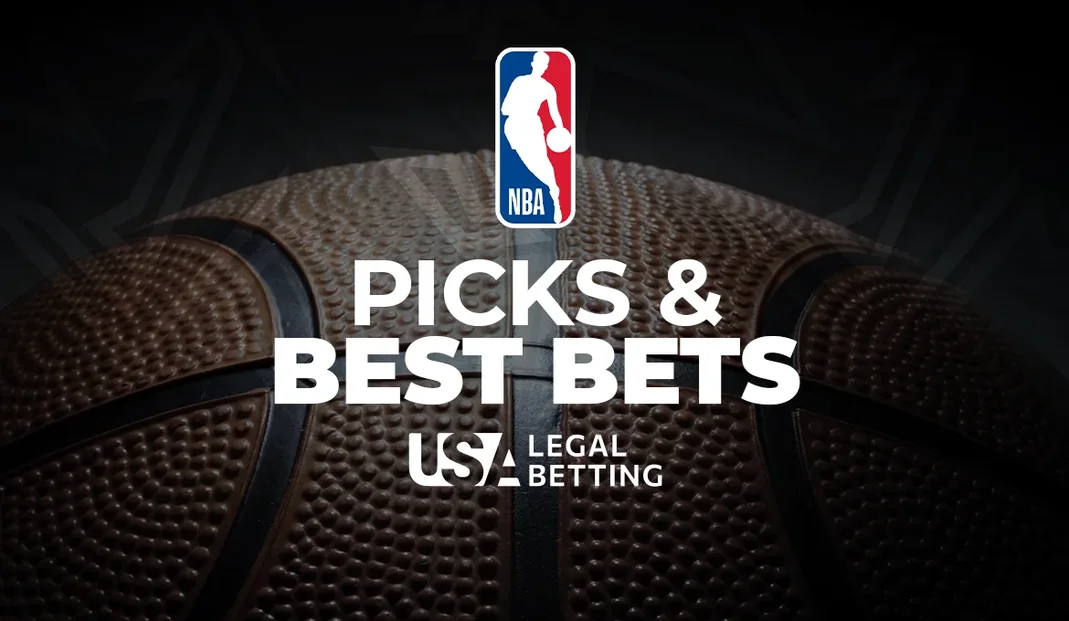According to lawmakers’ estimates, the 20% tax rate could raise as much as an additional $100 million in annual funding for the state.
DeWine’s idea of an increased tax rate was part of a package sent to the Ohio General Assembly. Policymakers there adjusted various parts of DeWine’s fiscal plan and sent back a $190 million outline for 2024-25, which he signed after a conference call Friday.
According to the Ohio Casino Control Commission, 18 licensed sports betting operators—including giants such as FanDuel, DraftKings, and BetMGM—produced roughly half a billion dollars in taxable revenue. The market, which launched on the first of the year, spurred by the Cincinnati Bengals’ endeavors in the NFL playoffs, produced a handle over one billion dollars during its first month of operation.
While the tax hike may result in the immediate goal of increasing the tax pool, Rep. Bill Seitz (R-Cincinnati) is not convinced that it is the best long-term approach. He believes that smaller operators may not be able to meet the tax payments and could be forced to shutter their operations in a state that only recently became a home for legal sports betting.
The original concept, which I worked on, was that we wanted to keep the tax rate low to convince people to leave their illegal books and go with the legal, regulated entities,” Seitz said. “So, when you double the tax rate, that’s maybe not the smartest thing to do.”
According to Seitz, lawmakers will conduct a deeper analysis of what is to come from the increased tax rate as part of a requirement of the new fiscal plan.










